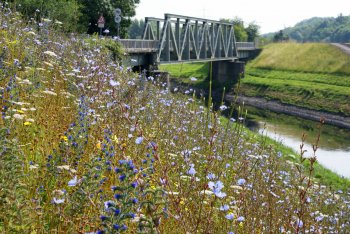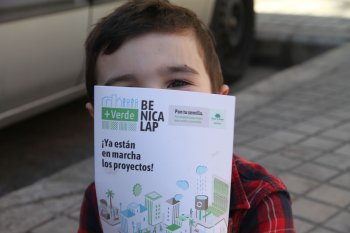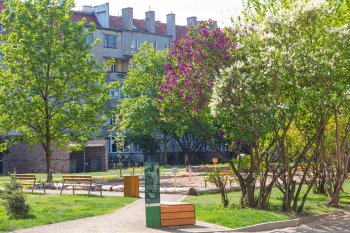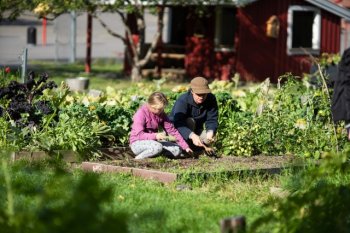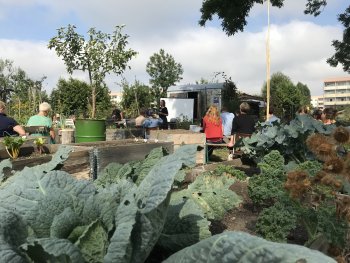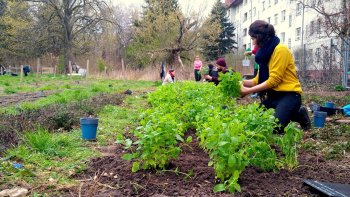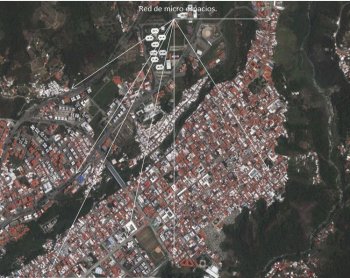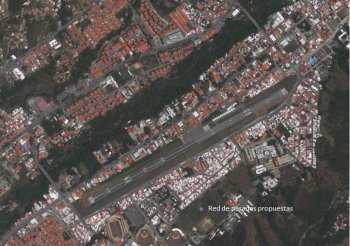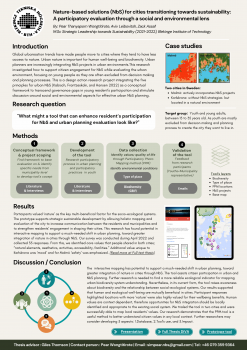Emscher: NbS for dykes along Europe's most expensive river
For almost 30 years, until 2022, the Emscher river, flowing through Germany's larges metropolitan region, the Ruhrgebiet, has been restored from a heavily sewage loaded system to a vital river. As the river is located in a densely populated area, dykes and other flood protection structure are necessary at least in some part. This case study aims at transitioning the land use on these dykes and near river areas towards extensive meadows. It is a step towards creating synergies between river maintenance and nature protection.
This case study is one of 17 that are part of the EU...

